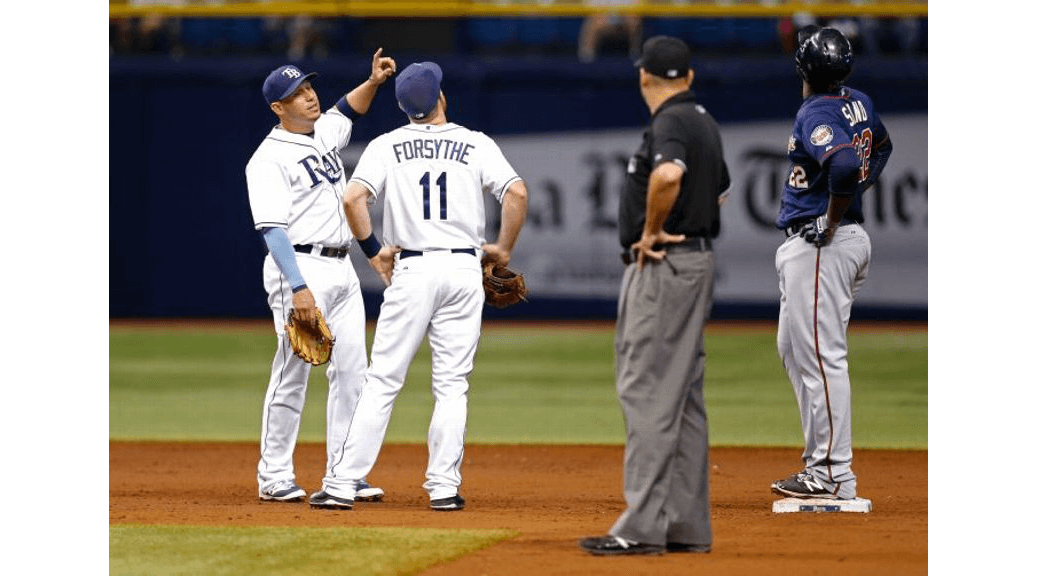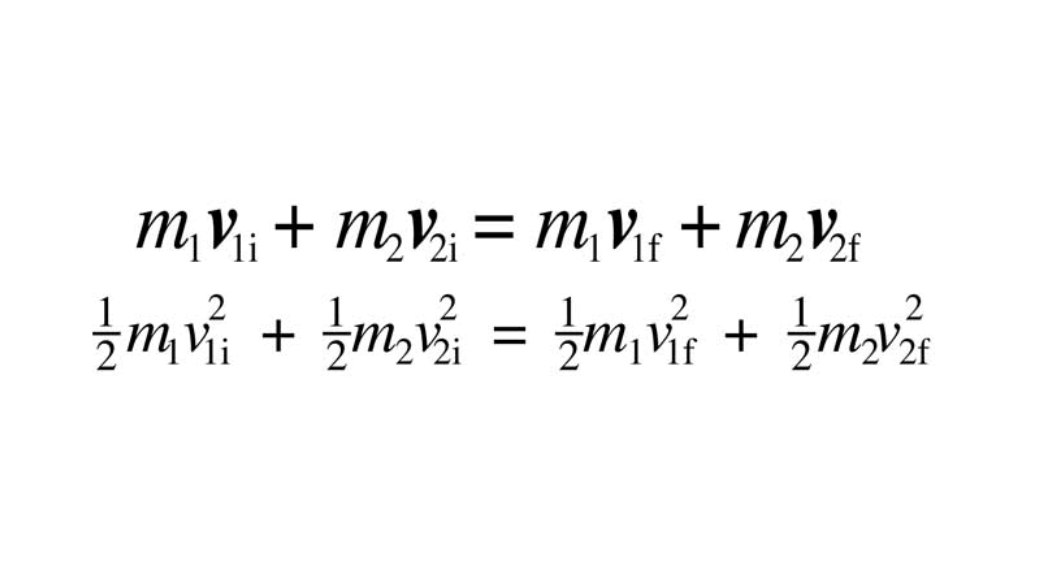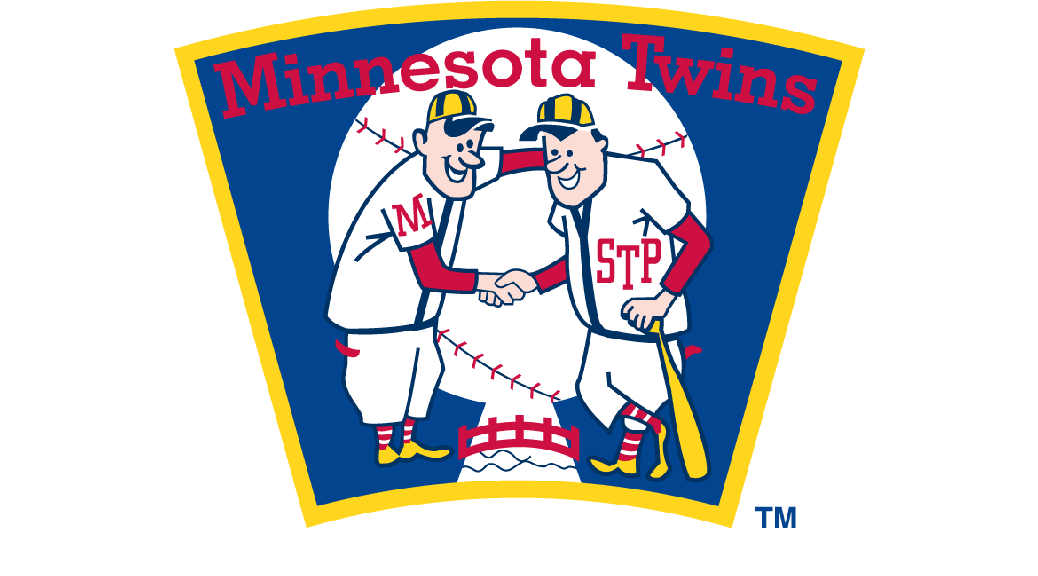On a recent episode of Effectively Wild, the hosts were presented with the following scenario:
Let's say you run a team filled entirely with league-average players, and you're given the unique & magical option of replacing as many of those players as you like with Barry Bondses. How many Barrys do you take, where do they play, where do you hit them in the order, and how many games does the team win?
The hosts decided to answer the question three times: once for 2016 Barry Bonds, once for 1993 Barry Bonds, and once more for 2004 Barry Bonds. The hosts assumed that every starting position player & member of the rotation were roughly 2-win players, every bench player was slightly better than replacement level, and every reliever a 1-win player. Finally, they used the lineup analysis tool at Baseball Musings to generate a rough idea of how many runs their Bonds-fueled offense would score per game.
Let's substitute "Barry Bondses" with "Brians Dozier" and contemplate the scenario twice: once with full 2016 Brian Dozier, and once with post-17 June 2016 Brian Dozier. What are our answers?
On the full season, Dozier has posed a .349 OBP and .580 SLG. His value according to your preferred metric is 6.0 rWAR, 5.7 fWAR, or 4.7 WARP. Since 17 June, Dozier has a .369 OBP and .746 SLG. A league-average hitter across MLB would have a .322 OBP and .419 SLG, which is just about what Kurt Suzuki has managed this year (.319/.421). A lineup of store-brand Kurts Suzuki would score 4.510 runs per game.
Using the 1989-2002 model of the lineup tool, a lineup of eight full season Brians Dozier, plus a store brand Suzuki at catcher, would score 6.375 runs per game. A lineup of eight post-17 June Brians Dozier plus IGA Suzuki would score 8.177 runs per game.
Obviously you deploy a Dozier at second & shortstop, where he has significant experience, at DH, and at 1b (I mean, Ryan Howard plays there...). Dozier's roughly an average defender at second (Fangraphs has his UZR/150 at -0.9 over 5144 innings). At short he's a bit worse: -5.0 over 732.1 innings. But then it starts getting tricky.
Dozier has exactly 20 games at 3b in the pro level, none since he played 6 innings at third for New Britain in 2011. Reaction time is the big unknown and Dozier's limited range at shortstop becomes less important. Michael Cuddyer had a -8.1 UZR/150 at 2b over 532.1 innings and was -10.2 at 3b. Assuming Dozier's arm is weaker than Cuddyer's, but that he gets to a few more balls than his former teammate, we could say Dozier's probably in the neighborhood of a -3.5 defender at third.
Dozier has never played outfield in pro ball. Cuddyer was -8.1 over 7546.2 innings in right field. Cuddyer clearly made a deal with the SSS devil to get his 34.4 UZR/150 in 36 blessedly uneventful innings in center. Dozier is younger and more mobile than Cuddyer was, a plus for potential deployment in center, but his arm becomes more of a factor in the outfield. Frankly, your guess is as good as mine.
Since Dozier is a middle infielder you can relieve yourself of the burden of carrying a Denny Hocking on the roster to cover up-the-middle positions on the bench, but you probably need a backup catcher with Chris Herrmann's resume. Whether you carry eleven or twelve pitchers probably depends on your feelings about a bunch of 1-win relievers. Of course, you could elect to have a six-man rotation to give yourself one more 2-win starter.
So, how many Brians Dozier do you take – full season and post-17 June – to make up your team? Where do you play them?









